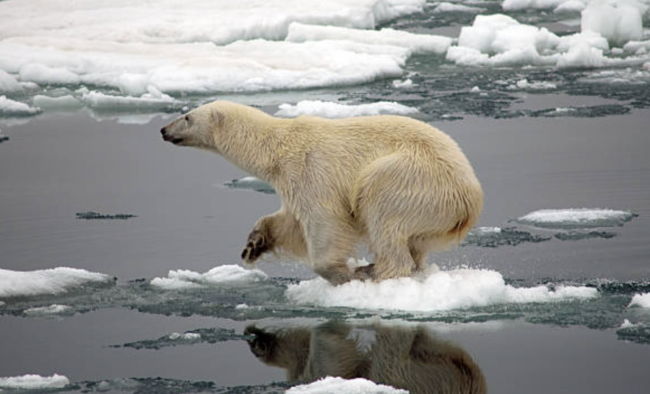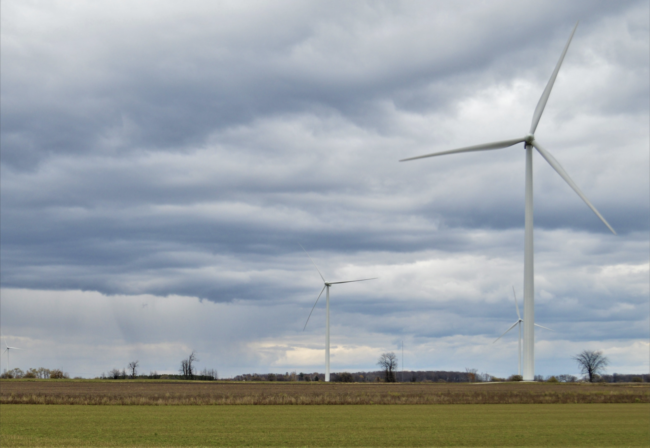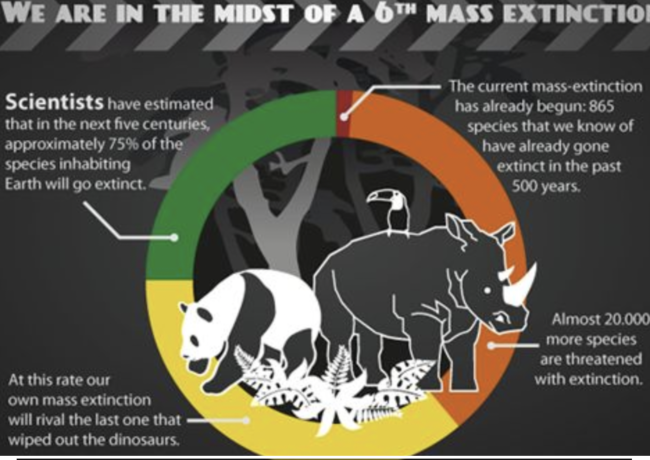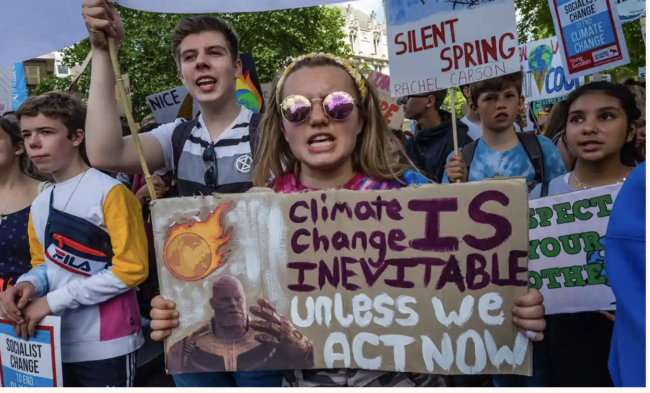GUEST POST by LINDA CREE
Climate change is on everyone’s mind. The media, scientists, and policy-makers talk a great deal about it, and each day seems to bring a news story about melting glaciers or rising sea levels.
Politicians are pushing solar, wind – even nuclear power – to reduce carbon dioxide emissions. Addressing climate change is deemed so urgent that we must act as though we’re mobilizing for war, and corporations are gearing up bigtime. Use of the Defense Production Act will funnel money to those seeking to expand mining for minerals like the lithium critical to the new “clean energy” economy.
We’re told more rural/wild habitat will be needed for the mega energy projects envisioned, even some “national sacrifice areas,” and (paradoxically) more deforestation. But hey, we’ll soon all be driving electric cars!
What’s wrong with this picture?
Unfortunately, the issue of climate change has been framed as the environmental issue of our time. But what if we recognize that climate change is only a symptom of a deeper problem? The World Scientists’ Warnings tell us that it’s not only the burning of fossil fuels, but our sheer numbers and nearly everything about our heavily industrialized, over-consumptive lifestyles that are destroying our biosphere.
Framed in this way, we see that the tech “solutions” we’re being offered are designed to keep growth-as-usual going by substituting alternative energies for fossil fuels.
This approach may be a boon to corporations facing dwindling oil and gas supplies, but it’s like putting a band-aid on a hemorrhage. Worse, the scale and speed with which the alternative technologies are being rolled out ramps up the degradation of lands that will be vital for a future of simpler, more bio-regional lifestyles.
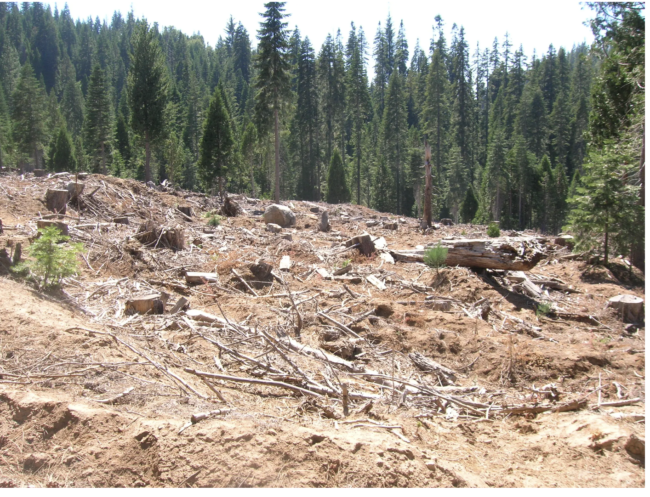
Clearcutting, releasing large amounts of CO2, is another way corporations contribute to global warming.
Simpler lifestyles? Yes!
We can’t just treat the symptoms of our disease.
What we can do is reduce our energy use and wasteful over-consumption by radically transforming our lifestyles. We must begin what Edward Goldsmith has called the great U-turn.
Such a transition will challenge us to use all our wisdom and creativity to protect the most vulnerable as we move forward. The longer we remain in denial and grasp for tech fixes, however, the more terrible the shock we’ll suffer when we reach the end of our energy leash.
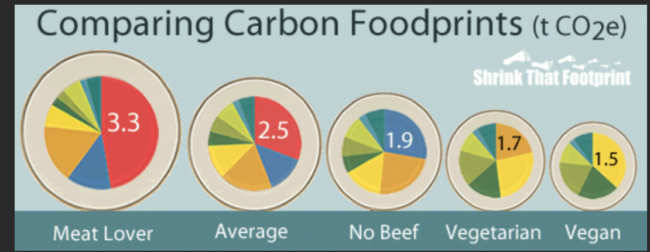
Individual efforts to address climate change include a chance in diet, esp. eating little or no meat
It comes down to a question of values.
Our much-vaunted materialistic “way of life” is based on the anthropocentric assumption that the entire Earth exists to satisfy our every desire. With the technological powers industrialism has given us, that assumption has become truly suicidal.
In seeking to satisfy our numerous “wants,” we’ve initiated a Sixth Mass Extinction that seriously threatens the ability of future humans to survive, let alone thrive, on our beautiful planet.
The truth is humans are only one strand in Earth’s interdependent web of life. Unless we recover the humility and respect that regards all life as “relations” not “resources,” we’re not going to make it.
We have to undertake a great simplifying and healing, learn to cherish and re-inhabit the places we live in, recover lost skills, and move gently to negative population growth by encouraging one-child families.
This is a long-range strategy that will require generations and all the ecological wisdom we can muster to bring us back into equilibrium with life on Earth. It won’t be easy, but we’d best begin charting the course now. The stakes demand nothing less.
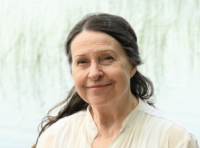 Linda Cree is a mother and grandmother, retired anthropology instructor, and lifelong resident of the rural-wild northern Great Lakes area. She’s been active in environmental and peace work since the mid-1980s. Now in her 70s, she enjoys her family, writing, and doing folk art paintings that celebrate family and a sense of belonging to a particular land.
Linda Cree is a mother and grandmother, retired anthropology instructor, and lifelong resident of the rural-wild northern Great Lakes area. She’s been active in environmental and peace work since the mid-1980s. Now in her 70s, she enjoys her family, writing, and doing folk art paintings that celebrate family and a sense of belonging to a particular land.
